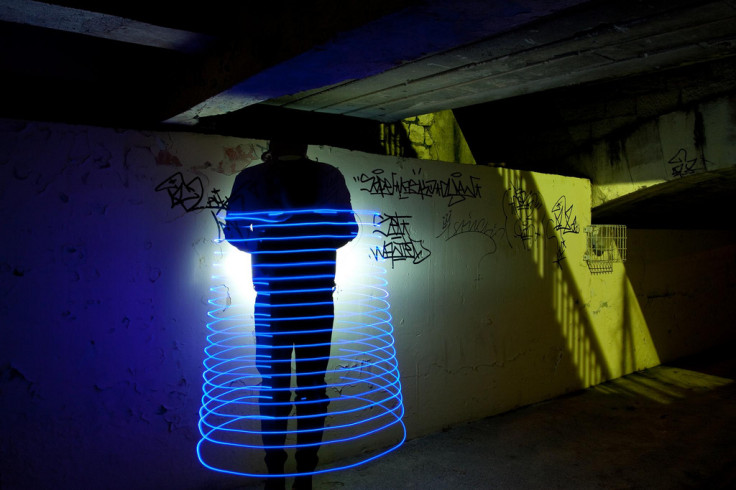Teleportation of bacteria's memories made possible by Schrödinger and his cat

Teleporting the memories of an organism is possible, say scientists working on making the science-fiction phenomena come to life. They have come up with a theory that uses "quantum superposition" to place a microorganism in two places at once.
The Chinese physicists have drawn up a plan to use electromechanical oscillators and superconducting circuits to "teleport" the microbe. Its quantum state will be moved elsewhere, resulting in a big first step toward human teleportation.
Tongcang Li, co-author of the study from Purdue University, said: "We propose a straightforward method to put a microorganism in two places at the same time, and provide a scheme to teleport the quantum state of a microorganism."
The experiment is based on a previous investigation by Erwin Schrödinger and his cat, which regular watchers of The Big Bang Theory will recognise as the theory of an organism being in two states at once (in the case of Schrödinger's cat, both dead and alive).
The authors suggest that the real-life teleportation of an organism's memories is possible though, in their report published in Science Bulletin. The idea involves using an everyday bacterium which has been frozen to a cryogenic state, to stop all chemical activity.
The bacterium would then be attached to an oscillating membrane, which theoretically would put it into a superposition state – a state which enables it to be in two places at once. Microwave circuits, followed by the use of a strong magnetic field for trapping the memories of the bacterium, can then be used for the actual teleportation.
Quantum superposition of an organism has never been done before, although studies have already shown the teleportation of photons, atoms and ions is possible.
"I hope our unconventional work will inspire more people to think seriously about quantum teleportation of a microorganism and its potential applications in future," said Li.
Zhang-qi Yin, co-author from Tsinghua University, added: "Our work also provides insights for future studies about the effects of biochemical reactions in the wave function collapses of quantum superposition states of an organism."
© Copyright IBTimes 2024. All rights reserved.






















